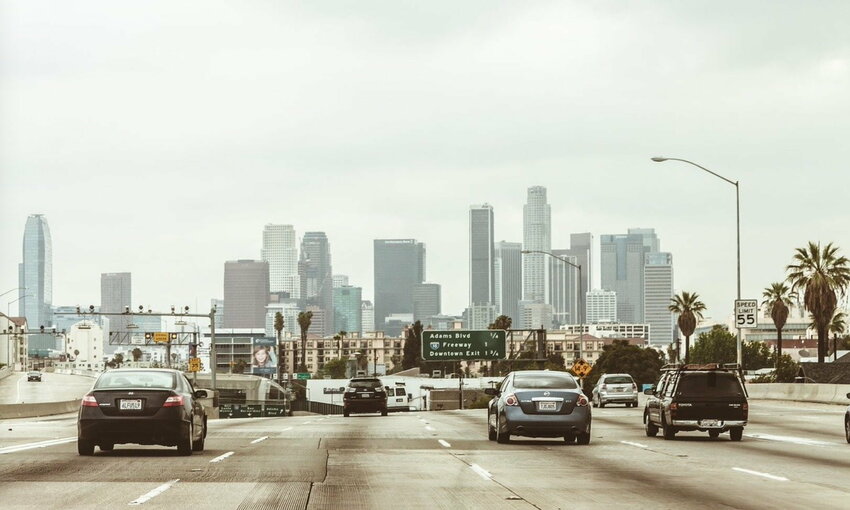 (Credit: Pixabay)
(Credit: Pixabay)Los Angeles Mayor Eric Garcetti, Councilmembers Paul Koretz, Paul Krekorian, and Nithya Raman, in partnership with the Leap LA Coalition and the RePower LA Coalition, announced the legislative launch of a community engagement process that will bring forward the elements of the City’s building decarbonization policy.
With severe climate impacts coming sooner and faster than even scientists expected, cities find themselves leading the global movement to reduce greenhouse gas emissions. Removing fossil fuels from buildings also has a positive impact on health. Natural gas, aka, methane used in buildings contributes to toxic air quality which can lead to respiratory and cardiovascular diseases. Building decarbonization, a city-wide goal outlined in LA’s Green New Deal, represents one of the biggest opportunities to accomplish the City’s twin goals of cleaning up air pollution while reducing climate pollution.
"Decarbonizing our buildings will make it possible for us to reduce Angelenos' utility bills and create thousands of green jobs," said Mayor Eric Garcetti. "Today we take an important step forward by committing to partner with community and technical experts across the City to create a decarbonization policy that is equitable, just, and focused on economic growth."
The city's buildings account for 43% of all carbon emissions produced in Los Angeles, with 2.5 billion square feet of space in over 1 million buildings, Garcetti said.
“This motion addresses the single greatest source of greenhouse gas emissions in the City: buildings,” said Councilmember Paul Krekorian, co-author of the motion. “It is a critical component of the City’s effort to convert to 100% clean energy by 2035 and, by engaging all stakeholders, a classic example of the right way to make policy.”
“With this legislation, we are signaling that we are committed to ensuring that decarbonizing buildings will not lead to rising rents and utility costs for rent-burdened Angelenos or the slowing of housing production - particularly during this City’s historic housing and homelessness crisis,” said Councilmember Nithya Raman, co-author of the motion.
Los Angeles is also looking toward transportation as a way to reduce the city's environmental impact. In November, the Los Angeles Department of Transportation (LADOT) announced that the agency has been awarded a $6 million grant by the California Energy Commission to install one of the largest EV fleet charging systems in the United States that will be powered by a solar and storage microgrid.